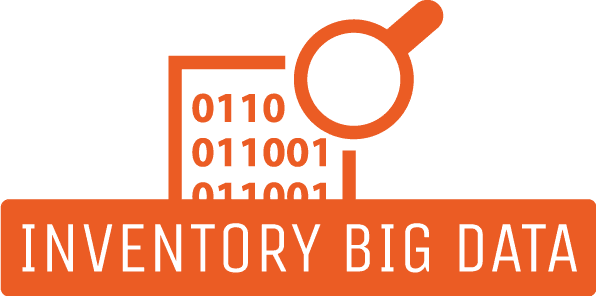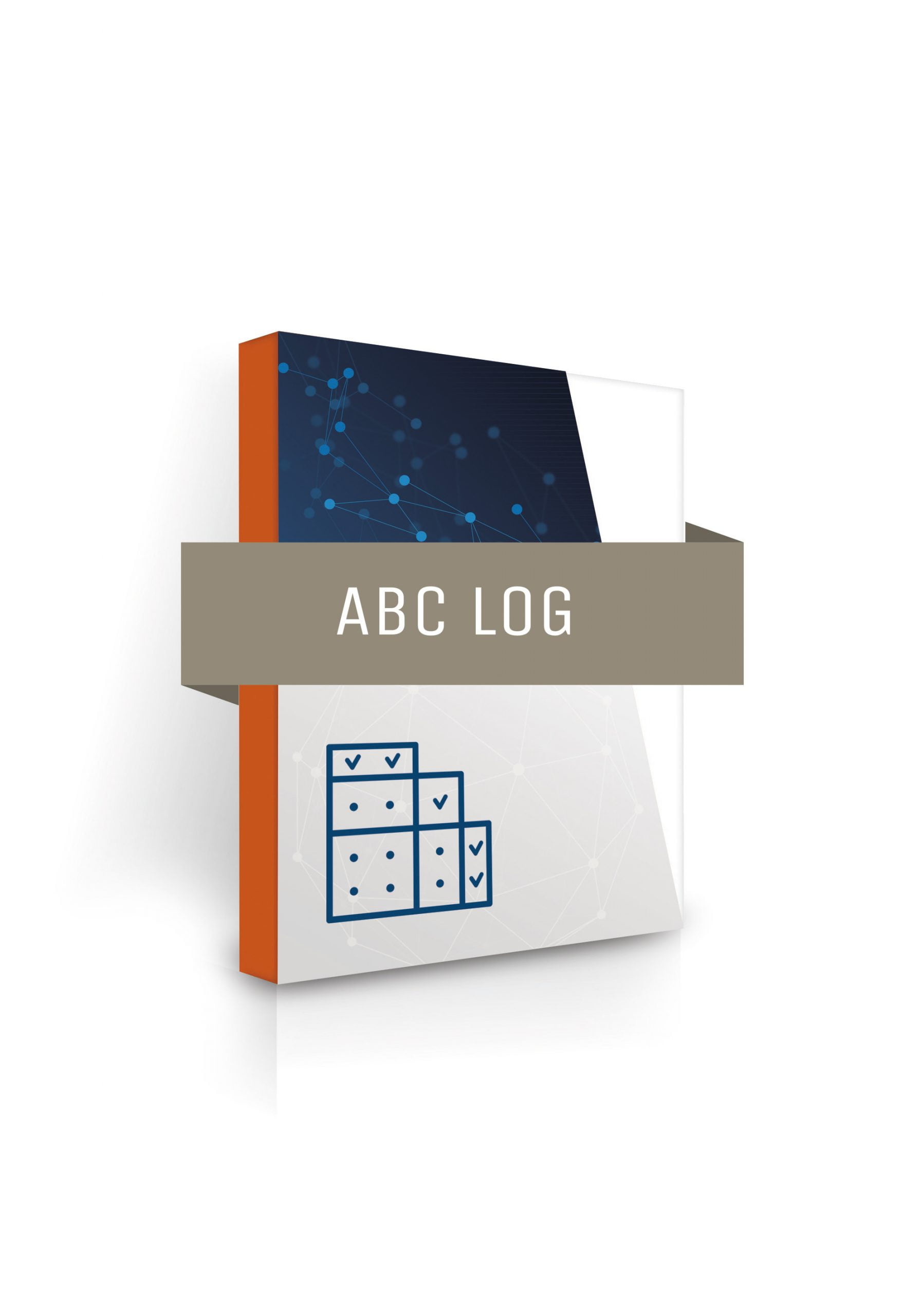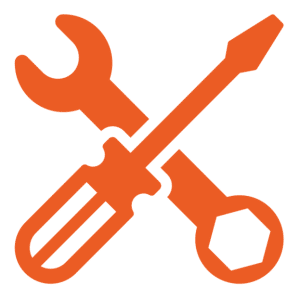Job description : Supply Manager
A procurement manager is responsible for managing the supply chain within a company. This includes managing relationships with suppliers, negotiating contracts, managing inventory levels, and forecasting future demand to ensure that necessary materials and products are available in a timely manner. They work to optimize costs and improve the efficiency and effectiveness of the supply chain by using key performance indicators and analyzing data.
Description
David is a supply manager. He keeps track of logistics and update the company’s inventory. He analyzes operational performance and resolve issues. He also collaborates with vendors and suppliers to ensure all operations (e.g. shipping, delivery) meet quality and safety standards.
- Develops appropriate supply chain strategy to maximize customer satisfaction at the lowest possible cost.
- Leads the supply chain team in executing best practices and measuring performance through agreed upon Key Performance Indicators (KPIs).
- Directs and coordinates global supply chain functions through strategy, resource optimization, profitability maximization, and KPIs resulting in the maximization of customer satisfaction.
Managing flows, controlling and monitoring product stocks, optimising costs, negotiating with service providers. A job that requires versatility. Based on sales forecasts, the primary objective of the David supply manager is to optimise costs by combining the best quality-price ratio.
- define the company’s needs for the various sales outlets and the production line
- analyse by setting up indicators to know the rotation of products, delivery times and their efficiency
- optimise and correct future deliveries of goods
The Supply Manager is responsible for overseeing the procurement, storage, and distribution of materials and products within an organization. This includes managing relationships with suppliers, negotiating contracts, and ensuring that inventory levels are maintained at optimal levels.
Key responsibilities:
- Develop and implement strategies for sourcing materials and products in a cost-effective and timely manner
- Manage relationships with suppliers, including negotiating contracts and monitoring performance
- Monitor inventory levels and forecast future demand to ensure that sufficient materials and products are on hand to meet the needs of the organization
- Monitor and analyze market trends to identify opportunities for cost savings or efficiency improvements
- Ensure that all materials and products meet the required quality standards and adhere to safety regulations
- Collaborate with cross-functional teams, including sales, marketing, and finance, to identify and address any supply chain challenges or issues
- Prepare reports and presentations for senior management to provide updates on supply chain performance
Qualifications:
- Bachelor’s degree in a related field, such as supply chain management or business administration
- 5+ years of experience in a supply chain or procurement role
- Strong analytical and problem-solving skills
- Excellent communication and negotiation skills
- Proficiency with Microsoft Office and supply chain management software
- Ability to work effectively in a fast-paced, dynamic environment
Data managed:
A supply manager may be responsible for managing a variety of data related to the procurement, storage, and distribution of materials and products within an organization. Some examples of data that a supply manager may manage include:
- Supplier information: This may include contact details, performance metrics, and contract terms for the organization’s suppliers.
- Inventory data: This may include information on the types and quantities of materials and products that are in stock, as well as data on demand forecasting, lead times, and reorder points.
- Order data: This may include information on the orders placed with suppliers, including the quantities and types of materials or products being ordered, the delivery schedule, and any special instructions or requirements.
- Logistics data: This may include data on the transportation and storage of materials and products, including details on carriers, routes, and transit times.
- Cost data: This may include data on the costs associated with sourcing, storing, and distributing materials and products, including supplier prices, transportation costs, and storage fees.
- Quality data: This may include data on the quality of materials and products, including test results and any issues or defects that have been identified.
- Performance data: This may include data on the overall performance of the supply chain, including metrics such as on-time delivery rates, inventory turnover, and cost savings.
By managing and analyzing this data, the supply manager can make informed decisions about how to optimize the supply chain and improve efficiency and effectiveness.
Other terms
job description supply chain project manager
job description supply planning manager
job description director supply chain
job profile supply chain manager
job responsibilities supply chain manager
job description assistant manager supply chain
job description logistics supply chain manager
job description supply chain planning manager
job description supply chain manager and logistics
job description of a supply chain manager
supply chain manager job description
job description for supply and distribution manager
supply chain manager job description
job description of procurement and supply chain manager
job description of a supply chain distribution manager
job description supply chain manager
supply manager job description
supply base manager job description
supply chain manager job description
What does a supply manager do?
Develops appropriate supply chain strategy
Supply chain managers are pivotal players in the logistics
efficiently source raw materials, manufacture products, store inventory and transport shipments
Job Description
Main Responsibilities:
- Implement efficient purchasing processes and monitor the performance of these processes
- Manage supplier relationships and ensure the quality of products and services purchased
- Manage procurement lead times and resolve any potential delays
- Work with different company teams to ensure that procurement needs are understood and met
- Manage any conflicts with suppliers and find solutions to resolve these conflicts effectively
- Use data to make strategic procurement decisions
- Manage risks related to procurement and establish backup plans in case of unexpected disruptions
- Support the company’s sustainability initiatives in procurement processes
- Collaborate with other departments to ensure that procurement needs are considered in the overall planning of the company
Skills and experiences required:
- Degree in purchasing management or industry management (an asset)
- Professional experience of 2-5 years in a procurement management role in the industry (an asset)
- Excellent communication and relationship management skills
- Ability to work independently and manage multiple tasks simultaneously
- Proficiency in inventory management software and purchasing management tools
- Knowledge of industry standards and regulations
Initial Actions
When a procurement manager starts a new position, they must carry out several tasks to understand the company’s needs, key processes, and operational challenges the business faces. They can meet key employees, review company documents, and perform a needs analysis to achieve this.
The manager must also assess current suppliers to understand their performance and identify improvement opportunities by using Key Performance Indicators (KPIs) and analyzing existing contracts.
Next, they need to identify improvement opportunities by enhancing processes, systems, and technologies to increase operational efficiency, reduce costs, and add value for end-users. They must communicate clearly with employees to understand their needs and explain the changes they plan to implement.
Finally, the manager must develop a procurement strategy that meets the company’s needs and set up tracking tools to monitor supplier performance, inventory levels, and procurement costs. They must also establish processes to manage procurement-related risks to ensure the company is prepared to handle any unforeseen events that could impact supplies.
Additional information
| Human Ressource |
|---|






